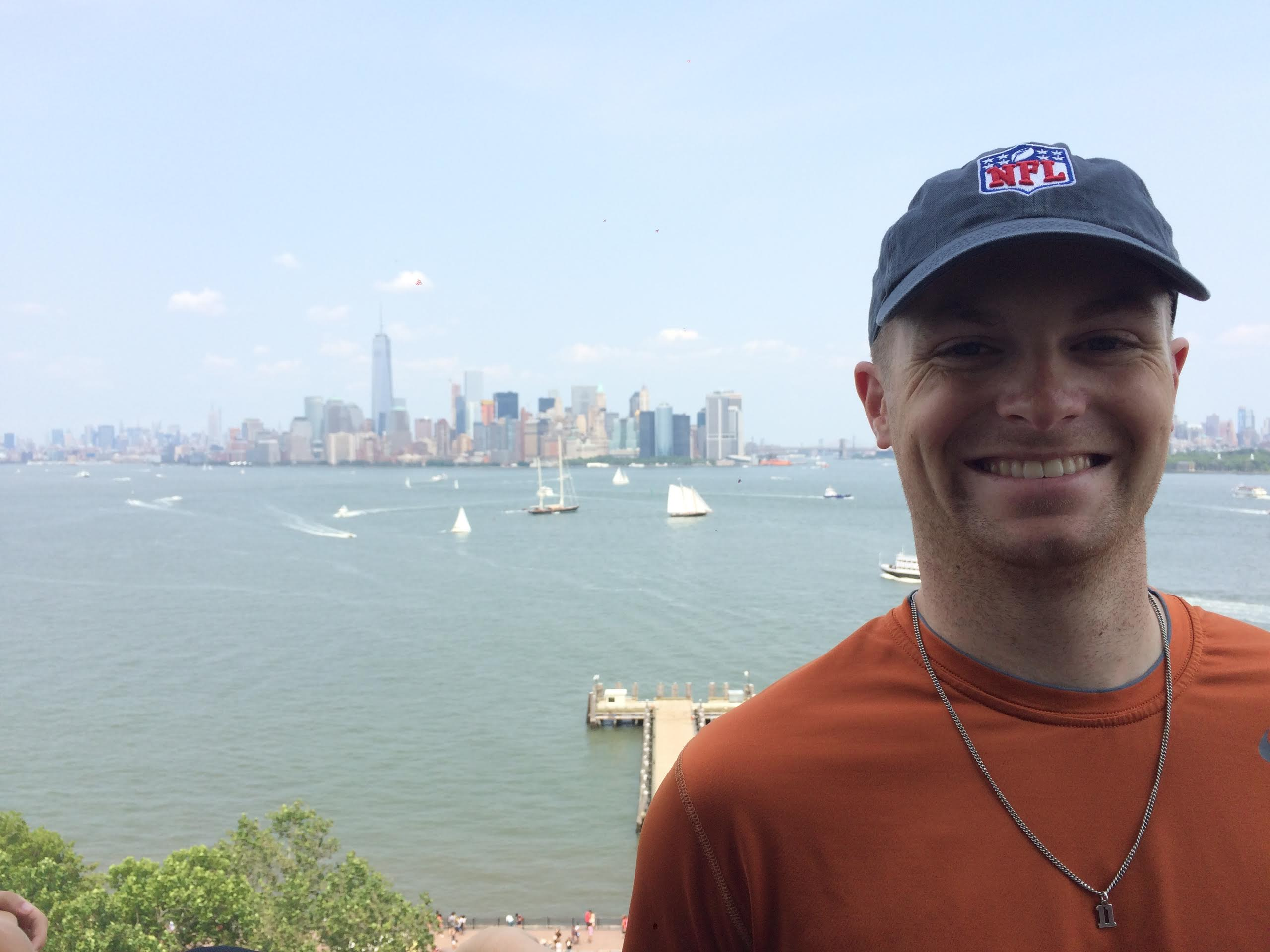Company: ExxonMobil Position: Upstream Controller’s Project Development Intern What did you expect to gain from your internship? During the course of the internship, I expected to have the opportunity to meet and network with a[…]
Category: Internship Spotlights
Summer Internship | Student Spotlight: Charlie Adkins
Where did you work and what was your title and department? This summer, I interned with the NFL in the User Acquisition department. The department is part of the Digital Media group, and our products[…]
Summer Internship | Student Spotlight: Bethany Rolan
Company: FIAT (FCA) Position: Analyst – Resin Strategy Team Chemicals Purchasing Department Auburn Hills, Michigan What did you expect to gain from your summer internship? My goal for this internship was to get a taste[…]
Summer Internship | Student Spotlight: Ashwin Ramakrishnan
Introducing BHP Intern Ashwin Ramakrishnan What company are you interning for and what is your title or department? I’m working for DreamWorks Animation in Glendale, California as an intern in their post production department. What[…]
Internship Spotlight: Catherine King, Aarayaman Singhal & Erin Sun – Shell Oil Company
Over the summer, three BHP students interned with Shell Oil Company in Houston. Catherine King, BHP & MIS ’15, and Aarayaman Singhal, BHP, MIS & Plan II ’15, were IT Analyst Interns and Erin Sun,[…]




